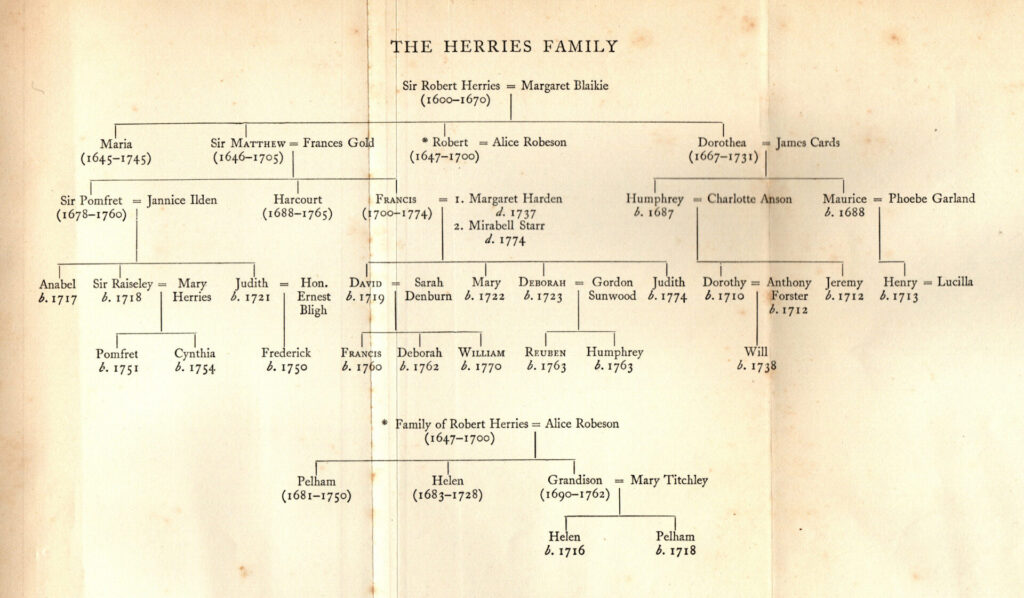
One of the fascinations of researching and collecting Hugh Walpole’s works is the insights you can get into how the characters and stories of his novels were formed. Many of these insights arise in magazine articles, forewards of other books, ephemera and various books of essays and interviews.
This week I managed to track down a copy of a rare book called “Title To Fame” published in 1937 by Thomas Nelson and Sons and edited by Denys Kilham Roberts (the secretary general of the Society of Authors from 1930 to 1966). In ‘Titles To Fame, the editor assembled together a group of the leading authors of the day to contribute essays on how their most successful books were conceived.
Hugh Walpole contributed an essay on the inspiration for Rogue Herries which was first published in 1930 and went on to become one of his most well known, well read and most successful novels. Hugh tells us how the epic tales were conceived and the story behind how they made it to print.

Image © Tullie House Museum and Art Gallery, Carlisle
The origins of Rogue Herries go back an immense way, so far indeed as my very young childhood. For a number of summers from the age of nine to fourteen or so, I went with my parents to stay in a farmhouse in the village of Gosforth in Cumberland, near the lake of Wast Water. It was some ten miles from Wast Water and three miles from the sea, and from the little wind-swept garden of the farm you looked across flat land to the line of sea, and sometimes on a clear day, to the Isle of Man, a little dumpy cloud on the horizon.
I don’t know why it was. I am half Cornish and was brought up all my early years in Cornwall. There is no question, of course, but that the Cornish sea coast is very much finer in every way than the Cumbrian; there is no comparison at all. And yet, that smudgy line of sea from the farm garden was more romantic to me than all the great beauties of Tintagel and the coast beyond Penzance.
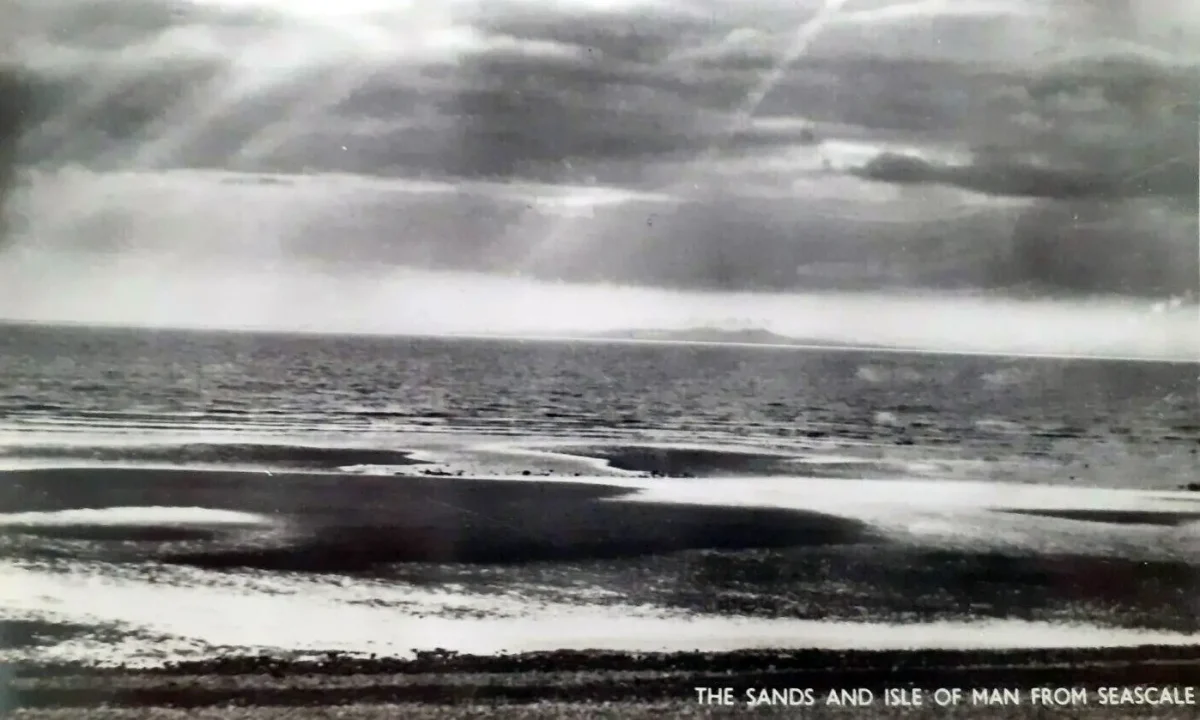
We used to bicycle out to the seashore and spend sunny afternoons there, and the first attempt at writing I ever made was a would be sensational story about smuggling concerned with that piece of sea coast and the Isle of Man. I have it still in a small red exercise book, with illustrations by myself. It. did not proceed very far. but that small exercise. book is one of the two origins of Rogue. Herries.
The other one was a passionate desire I always had for the creation of numerous families. This passion is, of course, very irritating for the reviewer, who shrinks from any novel with a family tree at the end of it; but. in those happy days I had no thought of reviewers, and I used to evolve endless family trees, mainly for the love of the names that I put into them, and I would imagine to myself long histories of the more distinguished members of the families.
I suppose when I look into it there was also. a third origin to the Herries books, and that because I have always had a rich taste for the better kind of historical novel.
If you want accurate history you will go, I suppose, to the historian; if you want contemporary manners then the historical novel is not for you. But the life of the past surely offers to the creative imagination many things that can be translated into drama and poetry, and there is a possibility of interpreting the past so that it may become an eloquent commentary on the present.
Whatever modern young critics may say, the historical novel is a true form of creative writing and will remain. Let it be said at once however, that it offers every possible peril to a modern novelist. There is the question of the dialect alone, an exceedingly difficult one. Absolute modernity will not do, nor anything archaic. People must talk naturally, but also like men and women of their time.
There must also be enough knowledge of the period, but not too much. The historical novelist must not appear to be teaching you anything. Narrative must be exciting, but not so exciting as to seem incredible. Moreover, in England there was a period from, say, 1895 to 1905, when the historical novel was grievously debased and made a vehicle for the merest sensationalism.
I had all these things well in mind when I contemplated Rogue Herries. I had never before attempted anything of this kind, and it was especially dangerous perhaps for me because I was a romantic novelist in a realistic period, and had been scolded so often for exactly that.
I wanted in the main to write a long family story, as I thought at first, in three volumes, about life in Cumberland. The only real ambition that I think I had was to connect myself in some way or other with that piece of England that I so dearly loved.
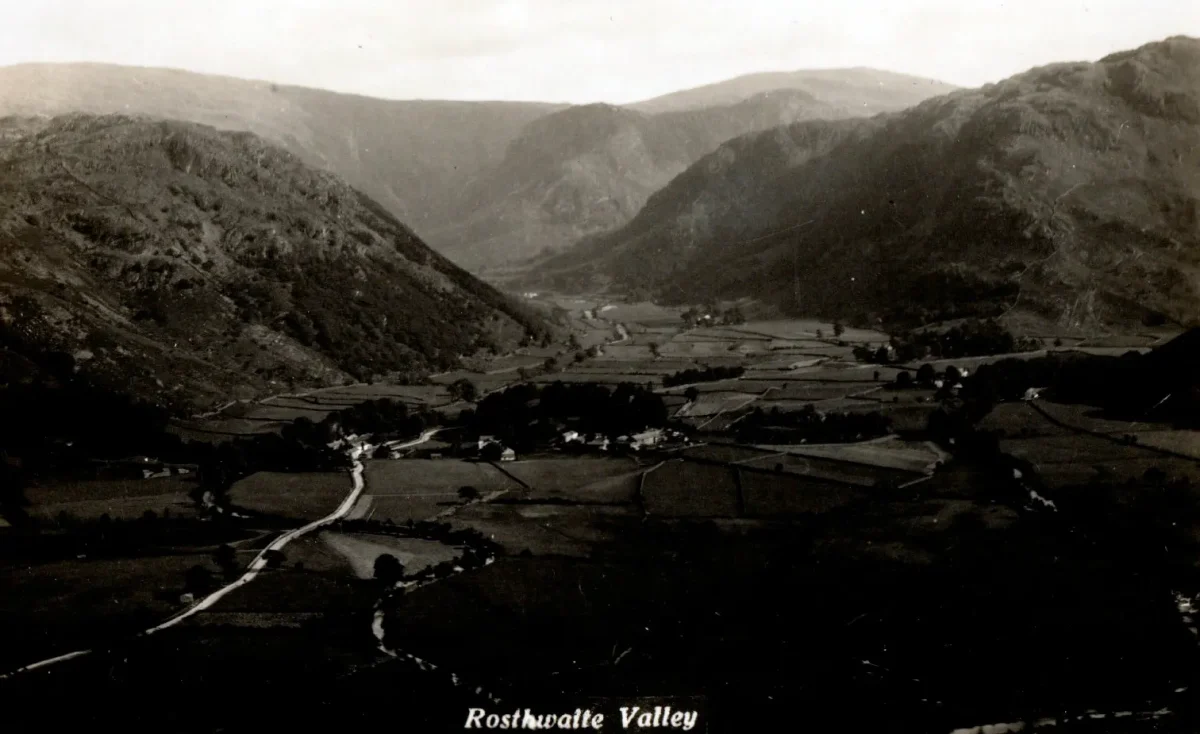
I knew that I had the great disadvantage of not being born a Cumbrian. I knew that the perils of the Cumbrian dialect would be ever far beyond me, not only because it is in itself exceedingly difficult, but also because it varies from village to village in the most tantalising manner.
In all the four Herries books ultimately I had only one passage of dialect, and that I will frankly confess, I took in the main from a book on Cumbrian dialect, using only sentences that were certified by that authority. I would not like to say how many people afterwards informed me that that dialect was incorrect. But of course, if you are a native of the place and have grown up on it, the dialect will be as natural to you as breathing, and I can only say here how splendid it would be if some native cumbrian had genius sufficient to write a real classic about his county. I hope that some-where he or she is already beginning on that adventure.
But I wanted to make my long novel a story about England as well as Cumberland, and I had hoped that beyond that again it might stand for something even more universal than England. I had, you will see, very great ambitions. It was all growing in my heart and mind some two or three years before I ventured to begin it. The three contemplated novels became four. England in the eighteenth century had always been my favourite study, but I will confess that I caught my breath with anxiety at my boldness.
Once begun however, I experienced a year of such eager enjoyment that , whether the book were a failure or a success, the attempt was, for me at least justified. It is the lasting disappointment of the novelist, of course, that he never finally produces anything that approaches a grandeur and fullness what he has earlier contemplated, but while he is actually writing he cheats himself into believing that this time he will succeed where he has failed so often before.
But while I was writing Rogue Herries I had little thoughts of the results. I lived absolutely in that world, and believed it all to be true.
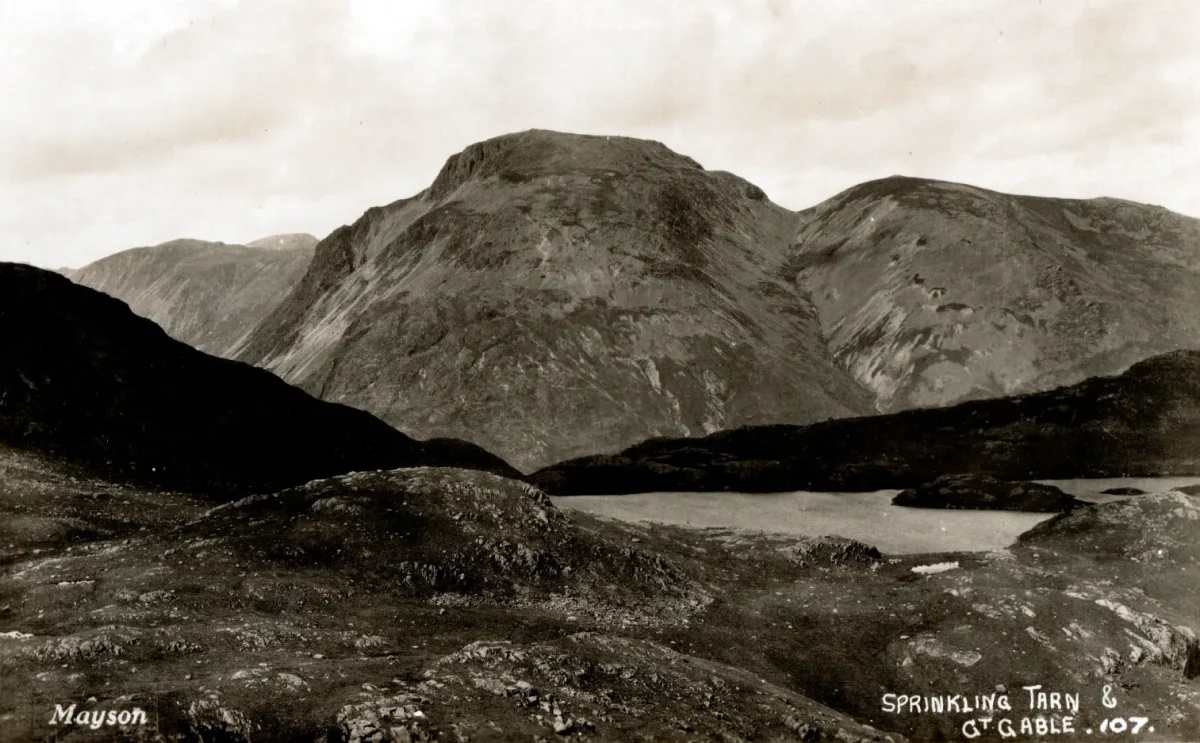
When, however, the completed typescript came back to me and I read it with that strange sense of the book’s reality already escaping one (for a book escapes at every stage more determinedly until at last on publication day it seems to have no connection with one’s self at all), I realised as I corrected it in proof that I was running a terrible risk, for if this first volume failed, what hope could I have that I would interest anybody in the following three? And here I was with possibly four years’ work ahead of me, all doomed to failure and even derision.
Rogue Herries was published, and very dreadful my immediate experiences were. I give them exactly as they occurred, with no animosity against anyone, but the bitterness of that first day will never be quite forgotten by me.
What happened was that on the morning of the publication I walked down the road below my cottage to meet the post. I knew that there would be one or two reviews, and as you can generally tell from the first half-dozen notices of a book whether it is going to be a success or no. Very, very occasionally every bell in the critical universe rings joyfully together. That has happened to me only twice: once with The Dark Forest and afterwards with the Cathedral.
On this particular occasion I was extremely nervous. I knew that I was running a greater risk than ever before, and I had so personal a feeling for Cumberland itself that I felt it would be really dreadful if I disgraced it by writing some silly book about it. I met the post, and it happened that morning that only one of my three daily papers had arrived in it. Standing there in the road I opened that paper and saw at. once that there was a two-column review of Rogue Herries. I read it.
It was written by a man who had been a friend of mine for a great many years and I tell this story mainly because it may disabuse certain persons of that old fable that the reviewing of novelists by other novelists is simply a system of “log-rolling.” I thought that perhaps my friend would not review my book, because this was the last week of his reviewing work on that paper. But no, there he was, with his name at the bottom. The review was quite violently abusing. It was, in fact, almost derisive, and there was, it seemed to me, such a feeling of personal bitterness behind it that I was entirely dumbfounded.
Every critic has, of course, his right to express his personal opinion; he must, in fact, if he is an honourable man, do so. I have never in all my literary life asked for kind treatment, and I had never, I think, until this day been irritated by any unfavourable review for more than five minutes; but it so happened that on this occasion I knew that I was taking tremendous risks, that I was venturing in a fresh field, and that I had these other sequels to come.
I don’t now at all blame my friend for his review, but I still think that if he disliked the book so much he could have left it over for his successor in the following week; or that if the paper had insisted that the book should be reviewed on the day of publication , his abuse might have been tempered a little by the charity of our personal relationship.
You will say here that I am definitely asking for ” log-rolling.” Far from it; I have never in my life praised a friend’s book in public unless I thought it good, and I was not asking for kindness on this occasion, but I will confess that I detested the personal bitterness behind the review. The blow, how-ever, was in its influence very much more severe than any personal feelings could make it, for as I walked back to the house I was sure that this whole new attempt of mine was doomed to failure.
This was the only review that I saw that day, and I think that it was one of the three most miserable days of my life. I had received, of course, only one man’s opinion, but if this man, who was my friend, thought the book so bad that he found it his duty to abuse it without restraint in two whole columns, then it must be bad indeed.
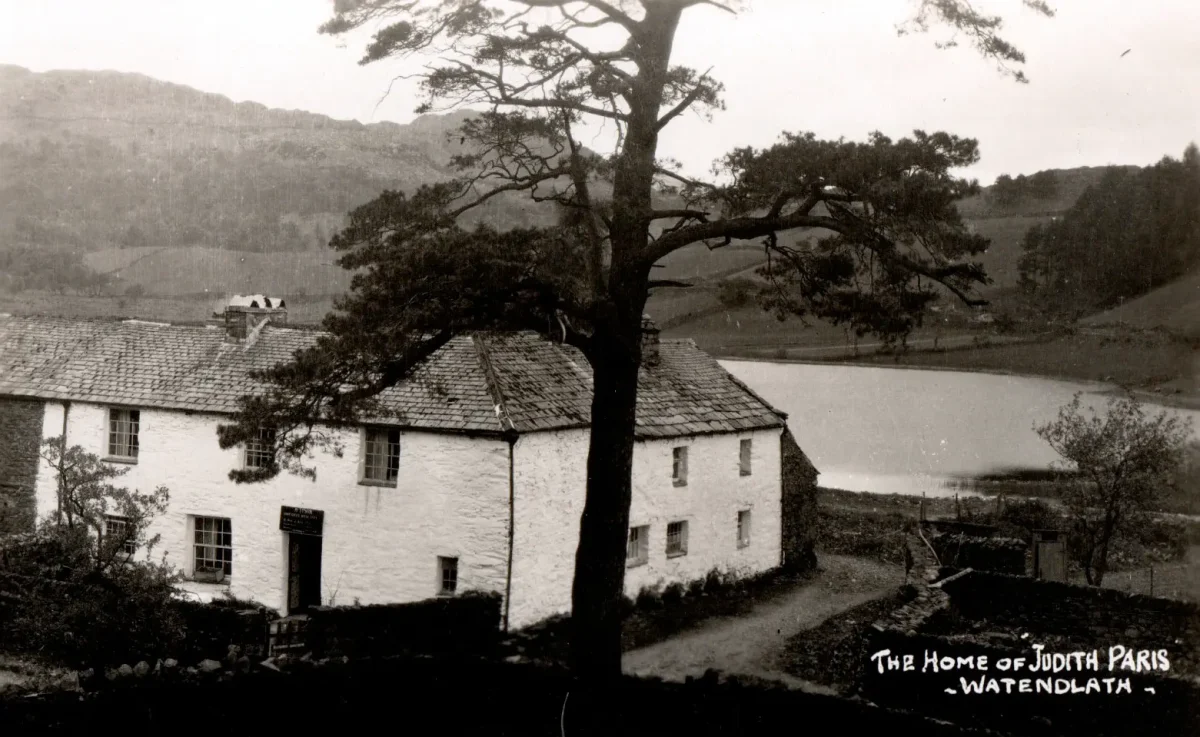
I had already written a number of chapters of the Rogue’s successor, Judith Paris, and I remember that I went up to my room, looked at these chapters, decided to destroy them and to abandon the whole attempt. This little experience is interesting, I think, not because it is in any way important, but because it illustrates the vague, uncertain atmosphere in which any creator of any art must always move. He cannot know, he will never know, the value of anything he does.
It would be easy for a novelist, or a painter, for instance, if all the people he thought intelligent approved his work and all the unintelligent disliked it. He could then assure himself that even if it did not sell, it was remarkable; or if all the unaesthetic people liked it and all the intelligent people derided it, he could comfort himself with the thought that he was giving pleasure to the common everyday man and getting enjoyment from that, and there was his justification. But the trouble always is that naturally every human being reacts to any created thing personally, all the things that he has been and done assist his judgment, and there are very few people in the world whose tastes are so beautifully trained that they can be certain in the rightness of their judgment of contemporary work.
Often before now I have read the criticism of some very intelligent person, have admired his or her splendidly high standards, and then, a week or two later, have read an enthusiastic review by the same critic of work that is obviously not very good, and have known once again that the personal equation has been too strong for the critical standard.
Well, I had a day or two of great unhappiness and then other reviews appeared, some of them extremely favourable. I had letters from friends whose judgment I trusted, seeing the book exactly as I wished, and after a month or so I knew that it was, as such things go, a real success.
The other volumes followed it, and as the years go by they continue to win many new friends, but the reason why Rogue Herries is the most important book for me in my now, I fear, only too long list, is because that novel and its successors have gratified the only real ambition I ever had, namely, that I am connected, and shall be for some time connected, with that piece of country that I love more than any other on earth.
This, I think, is a very humble ambition. For nearly a hundred years now a not very good novel called Hope the Hermit has been read year after year by visitors to the Lake District, and I feel that is a fortunate book, because it shows people over and over again something of the glory and splendour of those lakes and mountains. So, I think, the Herries books also do, and one day, as I have already said, I hope a real Cumbrian will come along and give to the world the true classics in prose, for which that beautiful country is always waiting.
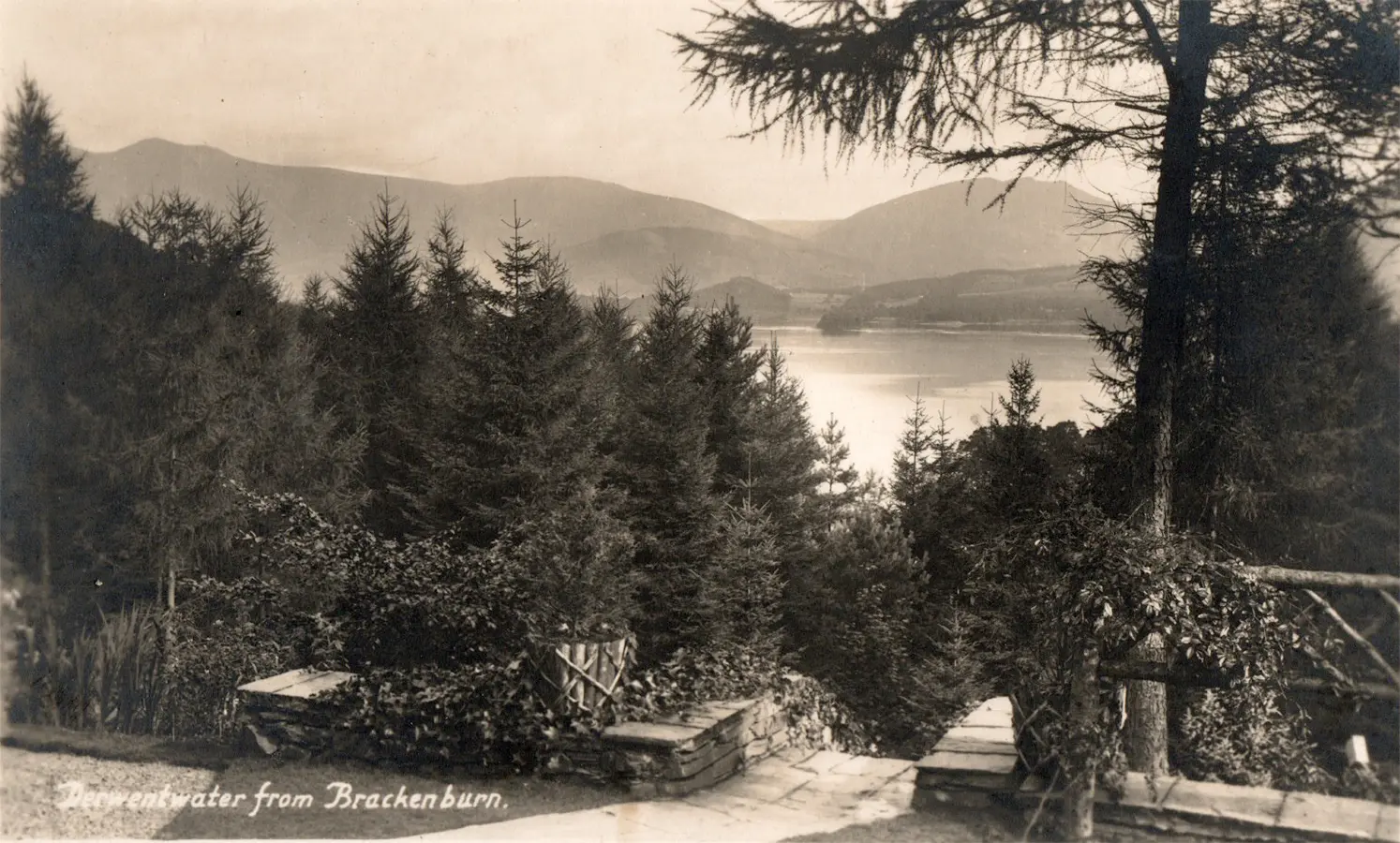
Across the lawn, looking over the wood-now fresh with spring green leaves-to the faint blue waters of the lake, I push back the door, go up the stairs to the room that levels the tree-tops, sit down, fuss with my paper and pen, look about me, and then, suddenly, my vision is filled once again with that other world where I know every little street, the look of every hill, can hear the sound of sea crashing on the shore; figures move, first as shadows, then as it were seen from behind a window, then close to me I hear their voices, know that they are living and true, and that I am one with them, and I begin once again to scribble on to paper what I see and hear their vitality, their truth, these things are truly real to me while I write.
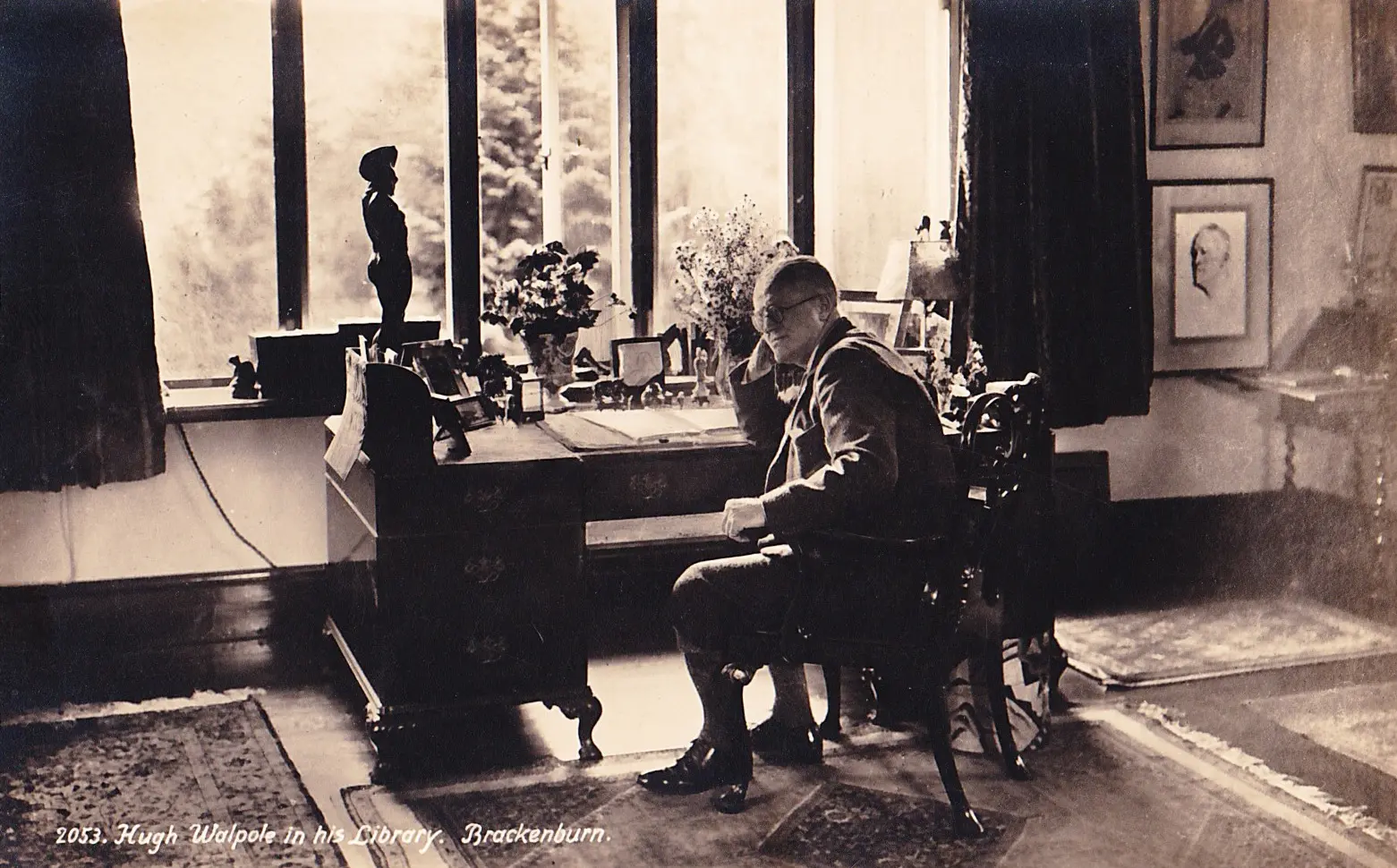
Only when the last word has been written and a strange foreign thing between cloth covers appears on my table do I realize that I have once again been tricked, but already a new vision is opening up. Yes, the novelist is a fortunate man.
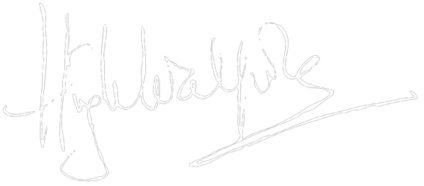
I am in my mid 50s and have been a keen reader since my teens, principally of English, American and Commonwealth novels. I’m currently on p1008 of the Chronicles. It’s been a hugely enjoyable read – not least because of my own connections with Cumbria, starting as a trainee solicitor in Windermere many years ago. What is so striking though is how easily I might have missed out on the pleasure of reading this classic historical novel by such an exceptional writer. Walpole was never mentioned at school or university. I really can’t think why. I knew of him only in the vaguest way before deciding this year to read some novels from Northern writers. I feel fortunate – enriched, really – to have finally discovered him. The Herries Chronicles have been an absolute joy to read and the backstory about Walpole’s motivation to write them adds an extra dimension. Now back to the Chronicles – just 400 pages to go!
Hi Stephen, it’s wonderful of you to drop by and leave a comment – thank you! I’m glad you enjoyed the insight in the article about Hugh’s inspiration for his Herries Chronicles, and I’m even more glad you’re reading Hugh Walpole’s books!
You are right, Walpole was largely forgotten post war, historical novels fell out of fashion and he disappeared from the public literary consciousness in the age of looking forward. Which in all is a real shame, because many of his books are real page turners.
The Herries sagas are epic tomes and require some dedication to get through, and like you say if you have a connection to – or just a deep rooted love of – Cumbria and the Lakes these books are a hidden gem that evokes the essence of the area.
Keep going, those 400 pages will fly by, and I hope you’ll discover more of Walpole’s wonderful work in the future too.
Best wishes
Simon
I read the Herries books because they had been sitting on my shelf for years, since my father died. It was a case of read or pass on to the charity shop. So glad I stopped to read. I too love Cumbria. I did not wholly enjoy all of Herries’ character, but the colour and verve of the writing and the episodes as they unfolded were well worth it.
Hi Valery, thank you for stopping by the website leaving a comment, I’m glad too that you took time to stop and read Hugh Walpole’s work. The Herries series is a big work, I agree about the unfolding episodes, I think that’s what I love about his work the most, the fact that his stories are so engaging and want to make you read ‘just one more chapter…’ :).
And agreed – Cumbria is indeed one of the loveliest places on earth!
Take care
Simon
I was 12 years old (1971), when I was first introduced to the Herries Chronicles. They were included, as four individual volumes, on a book list by our English teacher, to encourage us with our book reading (other books included DK Broster’s ‘Flight of the Heron’, Orczy’s ‘The Scarlet Pimpernel’, Steinbeck’s ‘Of Mice and Men’). It was an unusual list, but then he was an unusual teacher.
I bought a paperback copy of ‘The Fortress’, thinking that title seemed the most promising – I wasn’t a greater reader of books, (much more into comics and football magazines at that time!) sometimes enjoying the moment if I got past p100! I’m afraid I struggled with The Fortress, and put it down.
Two years later, I picked it up again, and got to grips with the feud between William and Francis and how it seeped into the lives of their respective families. I finished the book, but seemingly must have had no interest in looking up the other volumes.
Then in 1989 we were away in Southwold on the Essex (Suffolk?) coast, and I came across a second-hand copy of the Chronicles, and for the next six months or so – the sights and sounds of Cumbria! Borrowdale, Cats Bells, Glaramara! I devoured them. I read Vanessa in two or three days.
We visited Keswick when the girls were young, and I remember going up the pass from Borrowdale. What an experience! What a book! I dip into it every now and then reminding myself of Rogue’s swordfight, the breaking of the fan etc.
I’ve recently downloaded a set of Walpole’s complete works, and have read a few. I may yet read the Chronicles again.
Hi Tim, thank you for dropping by the website and leaving your wonderful comments, lovely to hear you’re enjoying the work of Hugh Walpole and that it’s bringing you closer to Cumbria. I’m constantly adding free audiobooks to this website so do have a look through the posts for them. Hope you continue to enjoy the other works by Walpole too!
Best wishes
Simon
My year tutor recommended the Chronicles when I was about 14 and because I had a “pash” on him I read them and have read them again many times – the volume is falling to pieces. I even named my daughter Vanessa. Many years ago I intrigued friends by announcing ‘this must be where Judith watched the fireworks.’ I love the Lake District and it always evokes memories of the Herries family.
Lovely to hear from you Anne, thank you for the comments! It was Hugh that guided me to the lake district, so privileged to live here now – will never leave! Wonderful you have read the Herries saga’s multiple times, they are indeed large volumes – bravo to you! Best wishes, Simon
It is many years since I read the Chronicles, inherited copies from my maternal Grandmother. I loved them, just as I love the Lake District, and it seemed so romantic to be able to walk the same paths and see the same views as the Rogue and his issue.
My days of hill climbing are limited now, but I can revisit the books at leisure.
Thank you for your research, it was nice to read the background to the books.
Hi Katherine, how wonderful of you to stop by and leave your comments – thank you!
Lovely to hear about your passion for the lakes – the Herries Chronicles definitely do transform you to this wonderful place in Cumbria, even when we’re not able to get to the top of Skiddaw, Catbells and take on Striding Edge, they’re all there in your mind and you can’t take away the beauty of imagination, memories and the stunning views of Lakeland, all conjured up in the Herrie’s sagas so beautifully by Hugh Walpole. I’m happy that my work on this blog is enhancing your enjoyment of Hugh’s work!
Take care and best wishes,
Simon
Was the Herries name taken from a real family as I was led to believe many years ago?
Hi Tibby
Thanks for your comment on the blog, always lovely to have questions from readers!
The thing with Hugh Walpole’s creative mind is that his writing always leaves you questioning if something is real or not. A good example of that is his book “Roman Fountain” which is based on his journalistic trip to Rome to cover the selection of the new pope in 1939, I spent ages on the internet trying to track down the actual fountain in Rome that he refers to, only to conclude afterwards that in fact it was a creative construct of many of the large fountains in Rome and likely only existed in his imagination.
I’m pretty sure that he may have done the same thing with his character names, including the Herries family. I don’t doubt that Walpole based his characters on people he knew, or drew from his encounters with people, and put them through the same imaginative process, only for them to appear on the page in a ‘remixed’ form of some sort. That seems to be a theme for most of his characters in all of his books. The more I’ve read of his work and compared it to his autobiographical writings, the articles about him and some of the research I’ve done, the more I understand how he used real life people as the basis for his characters.
So probably yes, though ascertaining who might be the real ‘Herries’ might be difficult because he merged multiple people together many times. Walpole did spend a lot of time at Skiddaw House (then a hunting lodge) talking to and spending time with the local gamekeepers who no doubt shared stories of the local people with him, my guess is a lot of his Herries characters may have been born and formed out of those conversations.
Thanks again for your message!
Best wishes
Simon
My mother-in-law gave to me her copy of Rogue Herries when my husband of five days and i emigrated to Canada. Since then we have lived in seven countries and during those times of disruption and more than a few problems to deal with I have read the Herries Chronicles many times. It has been my security blanket to escape to and has kept me grounded! Now at 77 I live back in Ulverston, so close to my beloved Lake District and I am now reading them again. There are sections which I know by heart and only have to close my eyes to be up on the hills with all the family of Herries. I have always thought the series was a masterpiece of story telling and although I suppose not to everyones literary taste it is certainly mine.
Regards Sheila Fairweather
Hi Sheila,
How lovely to hear your story and connection to Rogue Herries! It’s so nice to hear that you have been taking a little bit of the lakes in the Herries with you wherever life has taken you. I can empathise, I’ve been a bit of a similar nomad, work has taken me to the West Coast of America, Europe and various places in the British Isles over the years, and I too am pleased to be back with roots planted firmly on Cumbrian soil, the land wins over the wanderlust every time…!
It is so wonderful to hear how much you enjoy Walpole’s work too, I think books are really personal things, so other people’s tastes never really matter, it’s what warms your heart and connects you to something special. I agree the Herries series is a masterpiece and with Autumn coming it’s a perfect opportunity to dive into them again.
Thank you so much for taking the time to leave a comment on the website, I always appreciate hearing from readers of the blog, it makes the work I’m doing to promote Hugh’s work very worthwhile.
Best Wishes
Simon
I was fascinated to read the background to the novels. My grandmother’s family name and one of my Christian names is Herries. Her family came from South-West Scotland which is not that far from the hills of Cumbria, as the crow flies. I am sorry to say that, whilst I have been aware of the Rogue Herries novel for much of my life, I have never read it. I intend to make it a Resolution for 2024 that I correct that omission.
Best regards
John Watson
Hi John, thanks for dropping by the website and for leaving your comments, I always love hearing from readers! I’m glad you enjoyed the background to Hugh Walpole’s most famous novels, amazing that the Herries name runs through your family, it’s so good to hear that the name and references live on. If your Grandmother came from South West Scotland (near the borders perhaps?) then that is likely Walter Scott country (Scott was one of Walpole’s literary heroes). The Herries books are definitely an epic read, so take them slowly and one at a time!
Wishing you a Happy New Year, take care and wrap up warm for the Winter, thanks again for taking to time to leave a comment and enjoy the reading!
Best wishes,
Simon
Today has been a rainy day here in Wales as the remnants of Storm Kathleen depart.
I didn’t want to walk the dogs with my husband on the beach and so went to the launderette on the caravan site where we have a static caravan.
So far, so exciting, living life with a big L !
There are always books , CD s and board games donated by holidaymakers as they tidy up before they go home ,with a charity box for a donation.
I selected a few thrillers and murders in paperback and then saw a hardback with quite and old fashioned dust cover . The illustration on the front cover wasn’t great artwork . A main a frock coat and a coquette with long red hair.
It looked like a fifties comic.
True enough the book, originally priced at 13 shillings was dated 1955. Just two years younger than me.
I had heard the name Hugh Walpole but knew nothing about him or the book but I put my pound coins in the box and brought it back.
I Googled the book and plot and saw the article and have read about the author on Wikipedia.
I have been looking for a good family saga without success after finishing The Cazelet Chronicles by Elizabeth Jane Howard.
After reading the aftresaid I now look forward with eager anticipation to 1488 pages of a book that smells like every second hand book shop I have visited.
Happy days ahead this summer, sitting in the sun in Wales and becoming absorbed.
I hope it doesn’t let me down.
Susan
Thanks for your comments Susan, always love to hear from readers of the blog, which is updated less frequently at the moment due to work commitments so apologies for the late reply. I hope you enjoy the summer in Wales (and that you get some much needed bright days!) and enjoy being taken into Hugh Walpole’s world of family sagas. That second hand book smell is enticing isn’t it! Sadly the later versions of Walpole’s work after his death were not treated with the care and attention to the editions whilst he was alive, although dust wrappers from the early 20th century don’t always make it intact or at all. His book ‘Four Fantastic Stories’ (1932) had a wrapper created by Rex Whistler no less…
Best wishes, Simon
Today my lunchtime read was Hugh Walpole’s essay on the origins of the Herries Cronicles. Earlier I was re-reading Dorothy Dunnets saga of Francis Lymond and found Lady Agnes Herries at the fair with Mariotta and remembered that a long time ago I read Rogue Herries. I believe I was too young to be captivated but the name stayed, as did the author’s name. So away I go compelled to seek out a new or used edition of the Herries Chronicles. Before I go I thank you for publishing the reader’s comments which tell of literature giving comfort to our lives and food for our imaginations.
Hello David,
Thank you for leaving such a lovely comment.
I wonder if there was any connection between either Hugh Walpole or Hugh’s sister Dorothea (who was a GP in Edinburgh, Dunnet’s home town).
With Dorothy Dunnet being an artist from an early age, and Walpole being a patron of the arts, perhaps there was a connection there, or perhaps a connection between Dorothea Walpole living and working in Edinburgh (Hugh visited his sister every xmas). The other connection possibility is her work in government, though that seems to have started in 1940, and although Hugh was involved in government war propaganda work, Hugh died in 1941, so that connection is less possible.
With Hugh being born in 1884, and Dorothea Dunnet in 1923, perhaps they were actually a generation apart and there was no actual connection.
It is interesting though that Dunnet used Agnes Herries in the Lymond Chronicles. Was she just an avid fan of Walpole, or was there really a connection to the Walpoles?
I’ve tried reaching out to Bill Marshall, who seems to be the authority on Dunnet to ask him, he operates a Dorothy Dunnet website, though his emails all bounce and his web form doesn’t work either.
In any case, I’m glad that you derive so much pleasure from the authors, and glad you are rediscovering Walpole again – my job is done!
With the best wishes
Simon